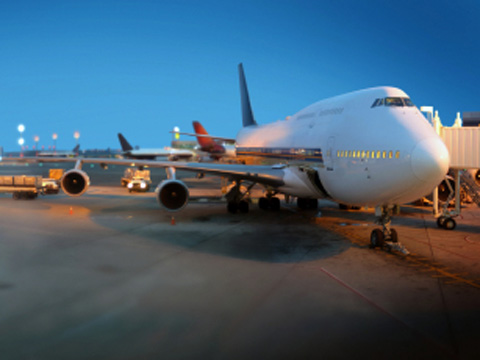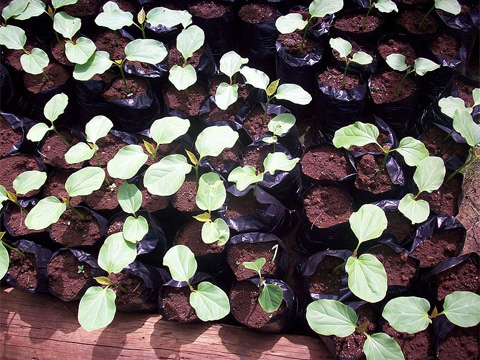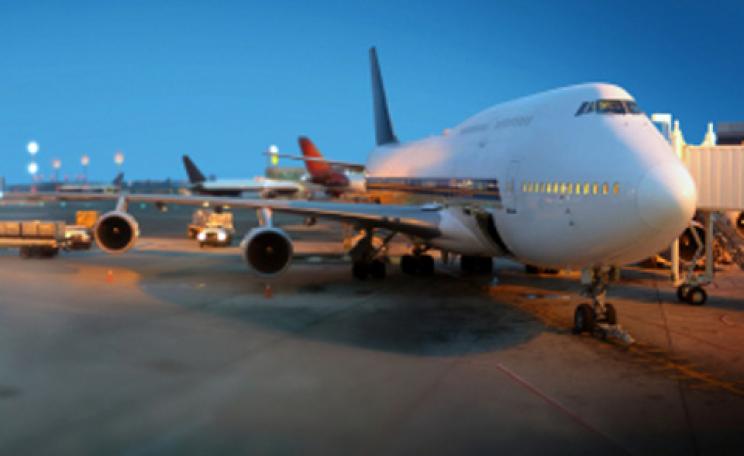Aviation industry demand for biofuels can create a vital source of income for Jatropha farmers, says industry
Your article on the use of jatropha for aviation biofuel 'Germany joins up with Lufthansa to sponsor biofuel six times worse than fossil fuels,' didn’t do justice to the amount of work being undertaken by the air transport sector to move into biofuels in a responsible way.
Having seen the issues caused by road transport’s use of first generation sources, the aviation industry has been proactive in trying to ‘do it right,’ from the start. At the same time, the aviation industry does not have the luxury of a variety of renewable energy sources like other sectors (wind, solar, hydrogen etc) and is therefore focussed on developing second generation sustainable biofuels as a means of reducing GHG emissions.
We have been working with the Roundtable on Sustainable Biofuels to set in place a set of robust criteria to determine the sustainability of feedstock, including the impact that these crops will have on local populations and lifecycle CO2 emissions. Grown responsibly, jatropha can have a positive impact on the livelihoods of those growing it and also bring about impressive reductions in carbon emissions.
At the end of the day, any crop can be grown unsustainably. The success factor is making sure we set standards so that crops can be grown in a way that doesn’t impact negatively on people’s lives and resources and then putting in place a structure to ensure that they are grown according to those standards.
In fact, a recent Yale University study showed that jatropha plantations in Brazil are able to have as much as an 85 per cent decrease in lifecycle carbon emissions, when grown in a responsible way. But jatropha is just one potential source of biofuel for aviation – a range of non-food crops and advanced biomass sources such as algae promise to provide low-carbon fuel for air transport.
NGOs should be working with the aviation industry to lock this process in, creating a vital source of new income for the people they aim to help. ActionAid, on its website, offers supporters the “trip of a lifetime” to see their projects in action. When they fly to Kenya or India this year, surely they would like to know that their airline is investigating all avenues to reduce the footprint of that flight – sustainable biofuels and all?
The aviation industry’s efforts are much wider than just biofuels. As outlined on our website www.enviro.aero, we are making substantial progress in a wide range of different areas. Biofuels make up a very important part of the aviation carbon reduction story and we are determined to do a good job in using this fuel source, right from the start.
Paul Steele is executive director of the Air Transport Action Group
| READ MORE... | |
 |
NEWS ANALYSIS Germany joins up with Lufthansa to sponsor biofuel six times worse than fossil fuels Campaigners are outraged over airline Lufthansa and German government funding for jatropha biofuels trial |
 |
NEWS Biofuels: jatropha still linked to 'land grabbing and displacement of farmers' European investment companies continue to tout the biofuel as a 'wonder-crop' despite serious environmental and social impacts - Friends of the Earth report |
 |
NEWS Jatropha better suited to local communities, not biofuel markets Study predicts the yields of jatropha will fall in the next decade and that it is better suited to community-level, rather than industrial-scale, production for the biofuel market |
 |
NEWS Airlines admit carbon reductions to come from offsetting Aviation sector wants to avoid a closed trading scheme and forced carbon emissions cuts |
 |
GREEN LIVING Dilemma: How do you define unneccesary travel? With plane, train and automobile emissions still increasing, are we being honest with ourselves about how and how often we travel? Matilda Lee looks at the bare necessities of transport |








